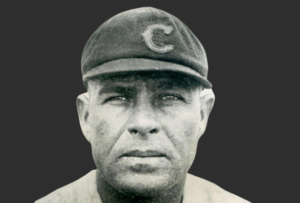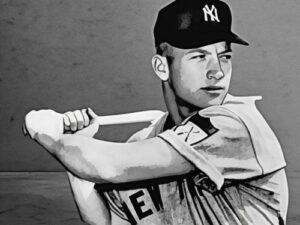The Steroid Era, a term coined for the period from 1994 to 2004, marked a controversial chapter in Major League Baseball (MLB). This era was characterized by the widespread use of performance-enhancing drugs (PEDs) among players. Major League Baseball has had a ban on steroids since 1991, but it was not until 2003 that the league began conducting PED testing for all players. This lack of testing meant that players using PEDs were unlikely to get caught, leading to an increased offensive output throughout the game.
Barry Bonds: A Star Tarnished by Scandal
Barry Bonds, one of the most prominent figures of the Steroid Era, faced significant backlash due to his alleged involvement in steroid use. Despite his impressive career, Bonds’ legacy was marred when he became a free agent after the Giants chose not to offer him a new contract. His professional baseball career effectively ended, although he never officially retired. Bonds’ former mistress, Kimberly Bell, testified in 2003 that Bonds had admitted to taking steroids to recover from an elbow injury.
Sammy Sosa: Denial Amidst Accusations
Sammy Sosa, another notable player during the Steroid Era, has consistently denied allegations of steroid use. However, a 2009 New York Times article named him as one of over 100 MLB players who tested positive for PEDs during spring training in 2003. Despite these accusations, Sosa has maintained his innocence and continues to run his business post-retirement.
Mark McGwire: Admission and Aftermath
Unlike Sosa, Mark McGwire admitted to using steroids during his career. In 2010, he publicly confessed to using PEDs when he broke the baseball home run record in 1998. McGwire’s admission tarnished his legacy and highlighted the pervasive issue of doping in baseball during the Steroid Era.
The Aftermath: Stricter Policies and Lasting Impact
In response to the rampant PED use, Bud Selig, the then-MLB commissioner, announced a new drug agreement in 2005. The policy stipulated that first testing offenses would result in a 50-game suspension, second offenses in 100-game bans, and third offenses in lifetime suspensions. This policy marked the end of the Steroid Era, but the impact of this period continues to reverberate in the world of baseball.
The MLB Odds and the Legacy of the Steroid Era
The Steroid Era has left an indelible mark on the MLB, influencing everything from player reputations to FanDuel MLB odds. As the sport grapples with the fallout from this period, fans and players alike are reminded of the importance of integrity in the game. Despite the controversies, baseball remains a beloved sport, with teams like the Atlanta Braves leading the World Series odds as of August 22, 2023.
The Steroid Era serves as a stark reminder of the potential consequences of unethical practices in sports. It underscores the importance of fair play and integrity, values that are integral to the spirit of baseball. Looking back on this controversial period in MLB history, we can appreciate the measures taken to ensure the sport’s future is free from such scandals. The implementation of stricter drug policies has been a significant step towards preserving the integrity of the game.
Barry Bonds, Sammy Sosa, and Mark McGwire, once revered for their exceptional skills on the field, have become symbols of a contentious era in baseball. Their stories serve as cautionary tales about the damaging effects of performance-enhancing drugs on both an individual’s career and the reputation of the sport as a whole.
As fans, we can only hope that the lessons learned from the Steroid Era will continue to guide the future of baseball. Despite the controversies, the love for the game remains strong. Whether we’re cheering on our favorite teams or checking the FanDuel MLB odds for the upcoming games, our passion for baseball is undiminished. The Steroid Era may be a dark chapter in MLB history, but it paved the way for a brighter, cleaner future for the sport we all love.






